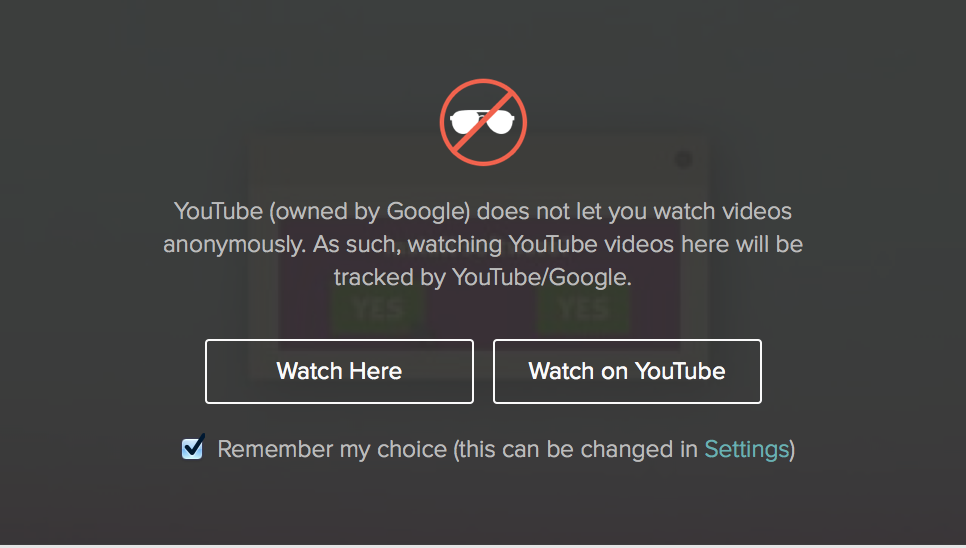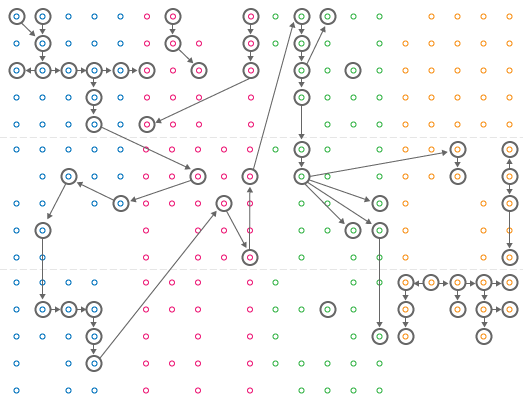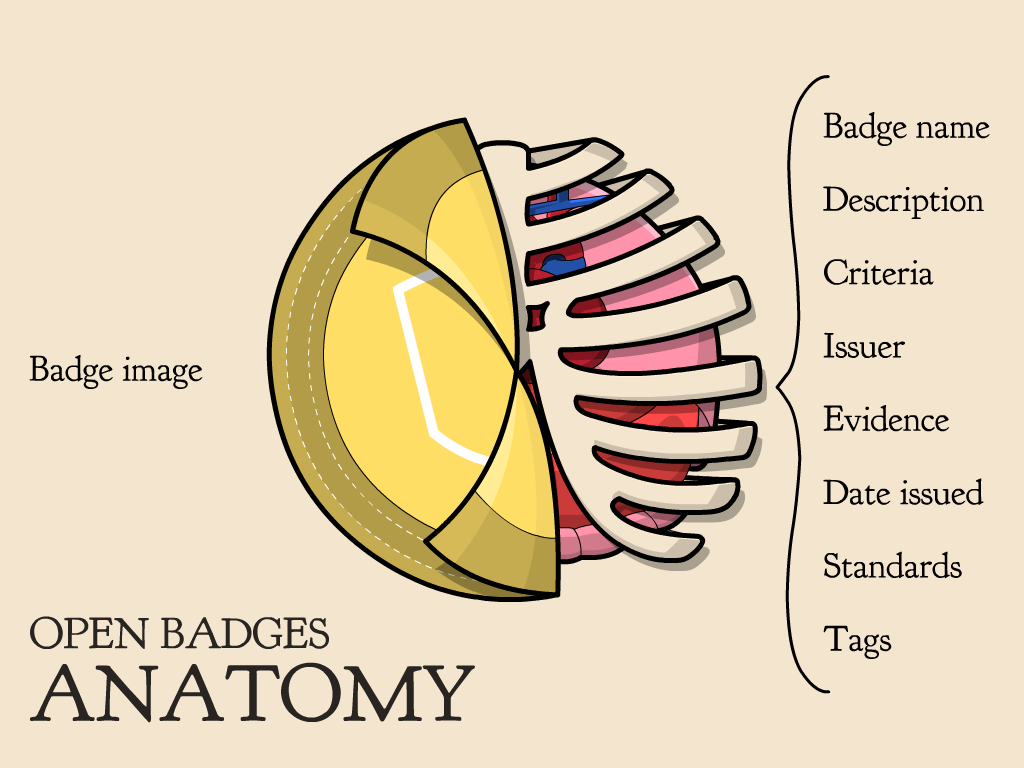We’re at peak centralisation of our data in online services, with data as the new oil. It’s a time of ‘frictionless sharing’, but also a time when we’re increasingly having decisions made on our behalf by algorithms. The burgeoning field of predictive learning analytics promises much, but many existing examples are ‘black box’ solutions by commercial providers. Education is now subject to a land grab by ‘software with shareholders’ looking to profit from collecting, mining, packaging, and selling learner data.
Perhaps the “data as oil” idea can foster some much-needed criticality. Our experience with oil has been fraught; fortunes made have been balanced with dwindling resources, bloody mercenary conflicts, and a terrifying climate crisis. If we are indeed making the first steps into economic terrain that will be as transformative (and possibly as risky) as that of the petroleum industry, foresight will be key. We have already seen “data spills” happen (when large amounts of personal data are inadvertently leaked). Will it be much longer until we see dangerous data drilling practices? Or until we start to see long term effects from “data pollution”?
Jer Thorpe, Harvard Business Review (2012)

What happens when you search for videos via DuckDuckGo
Meanwhile, educators talk of ‘personalising learning’, of pathways guided by learner interests, and of alternative credentialing. To what extent can these two forces, of centralisation and data mining on the one hand, and of learner choice and alternative pathways on the other, be reconciled? We’ll be discussing Mozilla’s work around Webmaker, Open Badges, and what ‘literacy’ means when it’s applied to the web.
a global community of people who believe that openness, innovation, and opportunity are key to the continued health of the Internet.

CC BY-NC-SA Guy Fawkes

Taken from Badge pathways: part 1, the paraquel (Casilli, 2013)

CC BY-SA Kyle Bowen
